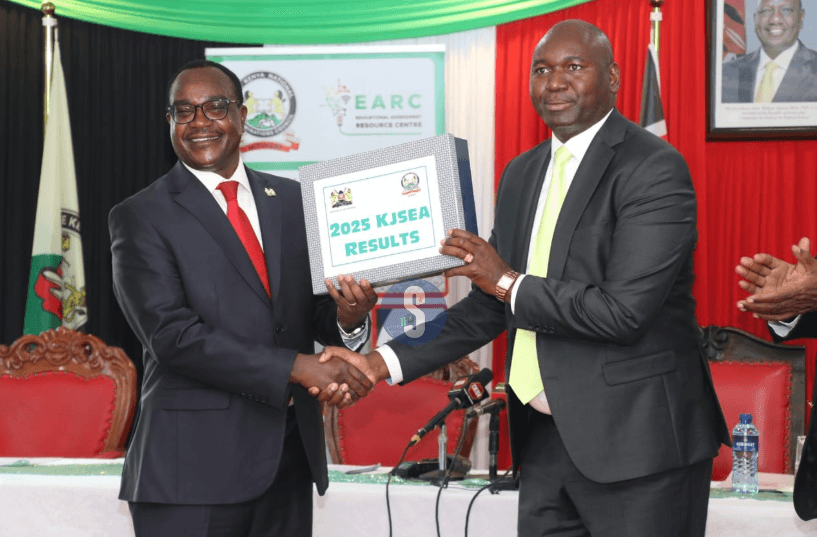The Ministry of Education and the Treasury have formed a committee to audit the billions of shillings that public universities owe the state and suppliers.
Under the exercise, the state is proposing that KRA waives part of the Sh62 billion universities owe the tax collector among other agencies.
Education CS Ezekiel Machogu admitted that due to the current financial crisis, the universities were not able to offset the ballooning debts.
Machogu noted that the pending bills had accrued in the last five years with the universities unable to pay KRA, PAYE and workers’ pension schemes.
He blamed this on the old funding model to the universities which saw students undertaking expensive courses like medicine get the lion share of the funds.
“Universities have pending bills of around Sh62 billion and we are working with the national government on how KRA can waive some of these bills,” he said.
The CS addressed the press in Lake Naivasha Resort after meeting the Senate Committee on Education, where he said that the new funding model would solve challenges in the universities.
“The new university funding model has been split into four groups and students from the most vulnerable families will be the biggest beneficiaries,” he said.
Machogu at the same time said that the ministry had changed the capitation formula with schools getting 50 per cent in the first term, 30 in the second term and the rest in the final term.
“We have also heard some teachers in northern Kenya complain about cases of insecurity and the government would like to assure them of their safety,” he said.
The CS said that they were working closely with TSC to address challenges facing teachers and the education system.
“We have managed to pay all the invigilators who participated in the exams and, going forward, we shall put measures in place to pay them soon after the exercise,” he said.
On his part, the chair of the Senate committee Joseph Nyutu lauded the ministry for the new university funding model noting that all poor students would benefit.
He said that the ministry had also assured them that schools with special needs would be the first to get capitation fees under the new funding model by the government.
“For years, schools with special needs have been sidelined leading to suffering of the students and the caregivers but this will now be a thing of the past,” he said.














